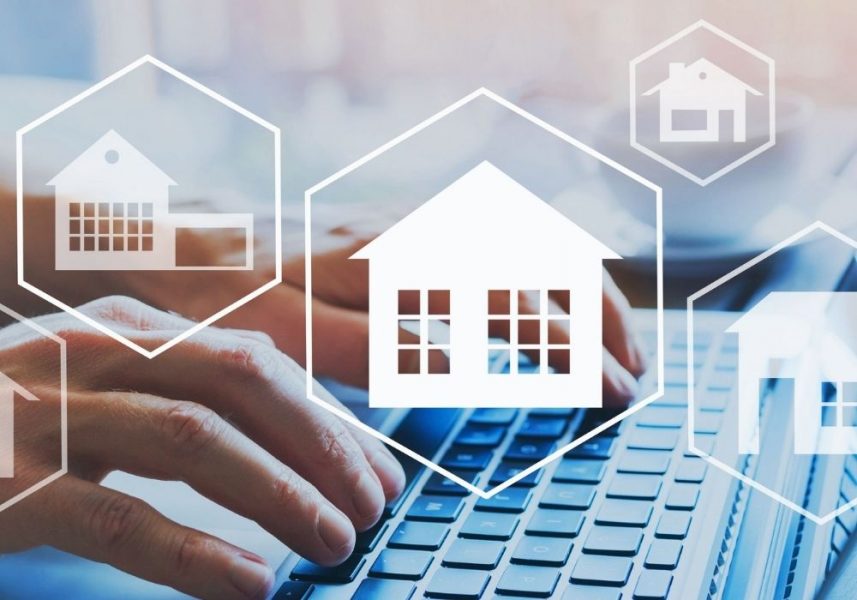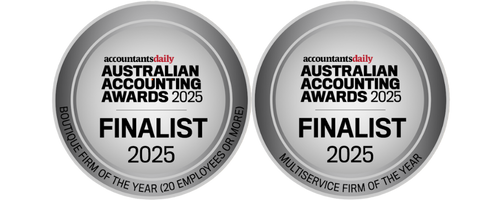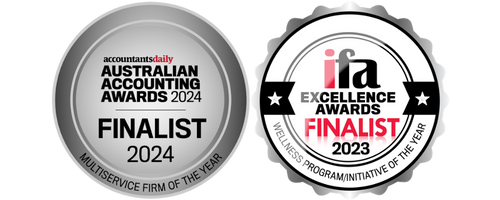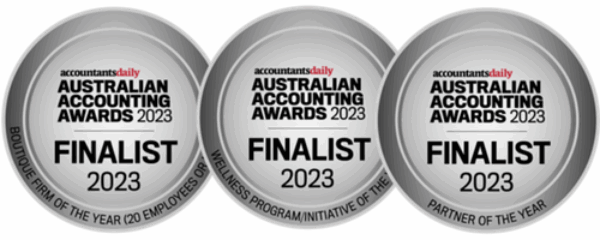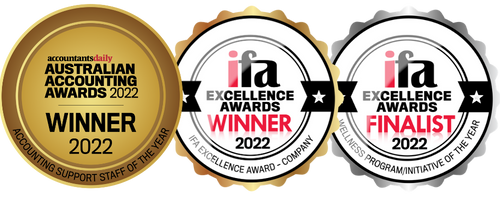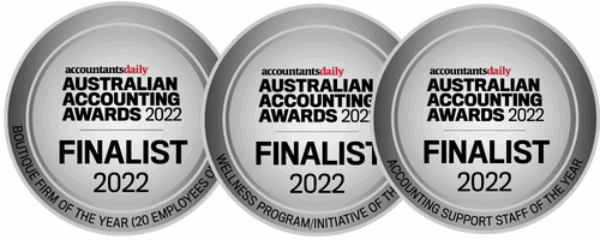With the end of the financial year upon us, it’s a good time for rental property owners to look at different types of rental expenses and deductions. This can help to avoid common tax mistakes and save you time and money.
In 2019–20, over 1.8 million Australians owned rental properties and claimed $38 billion in deductions. While most taxpayers do the right thing and are able to justify their rental deduction claims, the ATO notes that over 70% of the 2019–2020 returns selected for review of rental information needed adjustments.
Rental Expenses & Deductions
You can claim a deduction for certain expenses you incur for the period your property is rented or is genuinely available for rent. However, you cannot claim expenses of a capital nature or private nature (although you may be able to claim decline in value deductions or capital works deductions for certain capital expenditure or include certain capital costs in the cost base of the property for CGT purposes – see below).
TYPES OF RENTAL EXPENSES
There are three categories of rental expenses, those for which you
- Can claim an immediate deduction in the income year you incur the expense
- Cannot claim deductions
- Can claim deductions over a number of income years
1. Expenses For Which You Can Claim an Immediate Deduction
Expenses for which you may be entitled to an immediate deduction in the income year you incur the expense include:
- advertising for tenants
- bank charges
- body corporate fees and charges
- cleaning
- council rates
- electricity and gas – annual power guarantee fees
- gardening and lawn mowing
- in-house audio and video service charges
- insurance – building – contents – public liability
- interest on loans
- land tax
- lease document expenses – preparation – registration – stamp duty
- legal expenses (excluding acquisition costs and borrowing costs)
- mortgage discharge expenses
- pest control
- property agent’s fees and commissions (including prior to the property being available to rent)
- quantity surveyor’s fees
- costs incurred in relocating tenants into temporary accommodation if the property is unfit to occupy for a period of time.
- repairs and maintenance – cost of a defective building works report in connection to repairs and maintenance conducted
- secretarial and bookkeeping fees
- security patrol fees
- servicing costs, for example, servicing a water heater
- stationery and postage
- telephone calls and rental
- tax-related expenses
- Water charges. You can claim a deduction for these expenses only if you incur them yourself and they are not paid by the tenant.
2. Expenses For Which You Cannot Claim Deductions
Expenses for which you are not able to claim deductions include:
- acquisition and disposal costs of the property (these expenses are added to the purchase cost base)
- expenses not actually incurred by you, such as water or electricity usage charges borne by your tenants
- expenses associated with periods where your property (including your holiday home) was not genuinely available for rent
- expenses that are not related to the rental of a property, such as:
-
-
- expenses connected to your own use of a holiday home that you rent out for part of the year, or
- costs of maintaining a non-income producing property used as collateral for the investment loan
- expenses related to holding vacant land
-
- Other expenses for which you are not able to claim deductions include:
-
-
- travel expenses to inspect a property before you buy it
- expenses incurred in relocating assets between rental properties prior to renting
- expenses for rental seminars about helping you find a rental property to invest in.
- You are not entitled to a deduction for travel expenses relating to your residential rental property incurred from 1 July 2017, unless you are using the property in carrying on a business (including a business of letting rental properties).
-
Travel expenses include the costs of travel to inspect, maintain or collect rent for the property, and costs of meals and accommodation related to such travel. If your travel expenses relating to your residential rental property also relate to another income producing activity, you will need to apportion the expenses on a fair and reasonable basis.
From 1 July 2017, you may not claim a deduction for a decline in value of certain second-hand depreciating assets against your residential rental property income unless you are using the property in carrying on a business (including a business of letting rental properties).
3. Expenses Deductable Over a Number of Income Years
There are three types of expenses you may incur for your rental property that may be claimed over a number of income years:
- Borrowing expenses
- Amounts for decline in value of depreciating assets (allowed only in certain circumstances)
- Capital works deductions
3.1 Borrowing expenses
These are expenses directly incurred in taking out a loan for the property. They include:
- loan establishment fees
- title search fees charged by your lender
- costs for preparing and filing mortgage documents
- mortgage broker fees
- stamp duty charged on the mortgage
- fees for a valuation required for loan approval
- lender’s mortgage insurance billed to the borrower.
3.2 Deduction for decline in value of depreciating assets
When you purchase a rental property, you are generally treated for tax purposes as having bought a building, plus various separate items of ‘plant’. Items of plant are depreciating assets, such as air conditioners, stoves and other items. The purchase price accordingly needs to be allocated between the ‘building’ and various depreciating assets. You can deduct an amount equal to the decline in value for an income year of a depreciating asset that you held for any time during the year. However, your deduction is reduced to the extent you use the asset for a purpose other than a taxable purpose.
From 1 July 2017, your deduction is also reduced by the extent you installed or used the asset in your residential rental property to derive rental income and the asset was a second-hand depreciating asset.
3.3 Capital works deductions
You can deduct certain kinds of construction expenditure. In the case of residential rental properties, the deductions would generally be spread over a period of 25 or 40 years. These are referred to as capital works deductions. Your total capital works deductions cannot exceed the construction expenditure. No deduction is available until the construction is complete.
Deductions based on construction expenditure apply to capital works such as:
- a building or an extension, for example, adding a room, garage, patio or pergola
- alterations, such as removing or adding an internal wall, or
- structural improvements to the property, for example, adding a gazebo, carport, sealed driveway, retaining wall or fence. You can only claim deductions for the period during the year that the property is rented or is genuinely available for rent.
Capital allowances and depreciation report **A MUST**
There are significant advantages to obtaining a depreciation schedule that can help you to maximise your return and make the most of your investment.
- Depreciation Deductions
The Australian Taxation Office (ATO) allows property owners to claim the depreciation, or decline in value of an asset, as a tax deduction.
Depreciation is a non-cash deduction, meaning an investor doesn’t need to spend any money to claim it. For this reason, depreciation deductions are often overlooked. This is a costly mistake for investors, as depreciation deductions carry significant taxation benefits.
- Claim the cost of your depreciation schedule straight away
A depreciation schedule has a one-off cost which lasts the life of the property (forty years) and will ensure the owner claims their depreciation entitlements correctly. The cost of the depreciation schedule is 100 per cent tax deductible.
- Immediate write-off
Any item added to a property costing less than $300 can be immediately written off within the first year. This is regardless of how many days the property is owned in that year.
For more information or to discuss your specific circumstances, please do not hesitate to contact our offices at 3221 5677 or book a meeting here.
